Many localities pocket trillions of dong in just a few days.
This year's National Day holiday on September 2nd witnessed an unprecedented boom in domestic tourism . In just four days (August 30th - September 2nd), Hanoi welcomed approximately 2.08 million visitors, generating tourism revenue of nearly 4,500 billion VND, an 80% increase compared to the same period last year. Ho Chi Minh City also recorded nearly 1.45 million visitors with estimated revenue of 4,140 billion VND, double that of the 2024 holiday.
Not only the two largest cities in the country, but the central region's capital also showed its undiminished appeal. In just four days of the holiday, Da Nang welcomed 620,000 visitors, a 24% increase compared to the same period last year, raking in over 2.2 trillion VND. Khanh Hoa recorded over 900,000 visitors, bringing in nearly 936 billion VND. Hue welcomed approximately 196,000 visitors, generating nearly 310 billion VND in revenue, an increase of over 134%...
These figures not only demonstrate the strong appeal of destinations but also show that long holidays are becoming a popular choice for people nationwide. In many cities, the occupancy rate of 4-5 star hotels has reached over 80%, with many places fully booked. Airlines have recorded a 20-25% increase in passenger volume compared to normal days. Tan Son Nhat Airport alone receives an average of 125,000 passengers per day during peak holiday periods.
As a comprehensive economic sector, tourism has been a major driver of increased purchasing power across many fields and industries. In reality, the economy has faced numerous difficulties in recent years, leading to a decline in consumer spending. Despite efforts by businesses and local authorities to organize concentrated promotional programs with significant discounts and price reductions, these have proven largely ineffective. The prevailing anxiety has led most consumers to tighten their spending, even on essential needs. Therefore, the stimulus from tourism is proving to be very positive, especially in the final quarter of the year, a quarter in which the entire economy is accelerating to achieve the high growth targets set by the government.
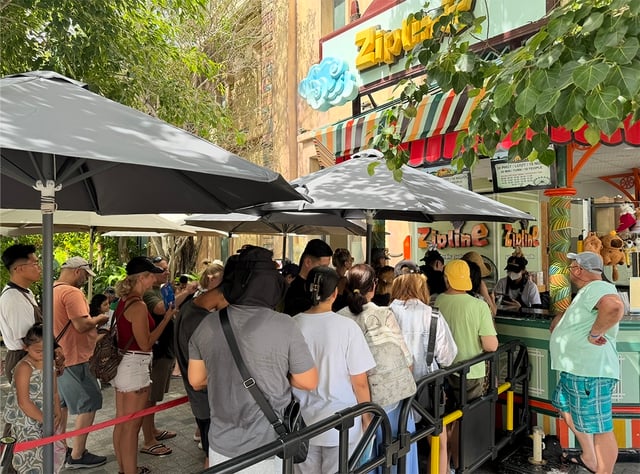
During the recent September 2nd holiday, tourists lined up in long queues at Vinpearl Nha Trang from early morning.
PHOTO: LE NAM
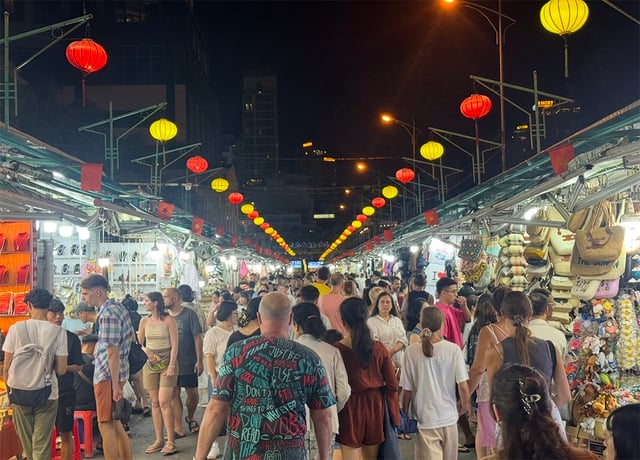
Tourism stimulates multi-level consumption
PHOTO: LE NAM
According to Mr. Tran Anh Tung, Head of the Business Administration Department at the University of Economics and Finance Ho Chi Minh City, the September 2nd holiday created a strong boost to aggregate demand. Assuming an average spending of 2 million VND/day/visitor, total direct social spending could reach over 72,000 billion VND, equivalent to 0.8-1% of GDP per quarter. "This figure is sufficient to demonstrate the significant role of tourism in short-term consumption," Mr. Tung emphasized.
According to Master's student Tran Anh Tung, not only do accommodation, food, transportation, and retail services benefit, but tourism also creates a "multiple-fold effect": When the number of tourists increases dramatically, suppliers of agricultural products, food, beverages, fuel, and logistics all benefit. Revenue from food services in many tourist centers during holidays increases by about 30%, while public transportation, taxis, railways, and airlines increase by an average of 20-25%.
Economist Associate Professor Dr. Nguyen Huu Huan also acknowledged: The tourism boost of September 2nd has directly impacted consumer demand for services and is clearly reflected in actual data. This is a direct spending stream for accommodation, food, and entertainment, while also creating a "multiplier effect" with retail, urban logistics, and supporting services. "Tourism is the 'spark' for consumption because it touches both individual behavior and economic structure. At the household level, tourism belongs to the experiential group, providing greater satisfaction than material goods. At the economic level, each trip triggers a cluster of accompanying expenditures: from food and shopping to transportation, creating a clear spillover effect on local retail and services," Dr. Huan emphasized.
C. SPENDING EXPERIENCES TO "OVERCOME" WAIST TIE REGULATIONS
Explaining why many people are willing to spend money on travel despite prevailing austerity measures, Master's degree holder Tran Anh Tung believes the key lies in the "experiential spending" characteristic. Travel is prioritized because it brings spiritual value and balance to life. People are willing to spend on short trips, near home, or with family to have valuable experiences. More importantly, the impact of travel doesn't just end when the holiday ends but lasts for many weeks afterward. "In the first 1-2 weeks, the number of tourists remains stable thanks to less busy groups traveling later to avoid peak season; the next 4-6 weeks are for additional orders from tourism businesses to suppliers (food, logistics, fuel, etc.) creating a cash flow cycle; the third phase is when consumer confidence is strengthened, and people return to their normal spending patterns after a period of restraint," Mr. Tran Anh Tung pointed out.
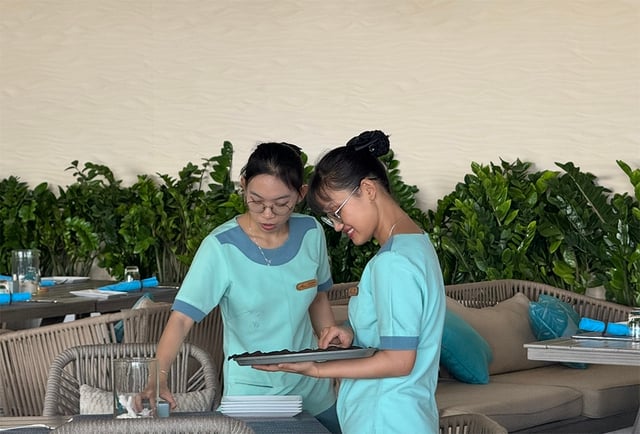
Restaurant staff at Mia Resort Nha Trang were busy and excited serving guests during the September 2nd holiday.
PHOTO: LE NAM
According to Associate Professor Dr. Nguyen Huu Huan, many households have their own budget for the holidays, so they do not feel guilty about spending on their overall savings. In addition, after the Covid-19 period, the pent-up demand for travel has now rebounded strongly, becoming a "starter" for social purchasing power. "The post-holiday effect occurs in a decreasing tail, strongest in the first 7-10 days when people still have the aftertaste. If retailers and destinations extend it with post-event promotions or weekend event schedules, the effect can last 2-3 weeks, even 4-6 weeks in large cities," said Mr. Huan.
Therefore, according to experts, the core issue is to transform seasonal surges into long-term momentum. MSc. Tran Anh Tung proposed building an ecosystem to support the consumption-tourism cycle, from regional linkages to microcredit packages. Localities can stimulate demand by reducing entrance fees, offering weekend accommodation promotions, and inter-provincial tours. Banks can implement 0% interest installment loan packages for 3 months for tour bookings and resort packages. The important thing is to strictly control service prices to avoid price gouging that erodes trust.
Meanwhile, Associate Professor Dr. Nguyen Huu Huan emphasized the importance of "event calendars" as an economic infrastructure. "If the central government and major cities announce quarterly schedules for festivals, sports events, and MICE (Meetings, Incentives, Conferences, and Exhibitions), businesses will proactively develop travel, dining, and shopping packages, maintaining stable revenue. At the same time, it is necessary to encourage on-site spending through cashback, discounts, targeted tax reductions, national reward point alliances, integrated transportation tickets, night-time economy, tourism-retail models, short-term credit packages for small and medium-sized enterprises, etc.," Associate Professor Dr. Nguyen Huu Huan stated.
A "Tourism - Consumption Taskforce" can be established in key cities to coordinate event schedules, interoperable tickets, digital promotions, and real-time data management. When the event, transportation, digital payment, and retail chains are synchronized, tourism will not only drive demand for services but also raise the ceiling for sustainable domestic consumption.
Associate Professor, Dr. Nguyen Huu Huan
Source: https://thanhnien.vn/du-lich-thang-lon-tieu-dung-huong-loi-185250904163123825.htm












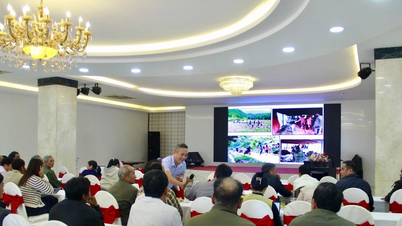

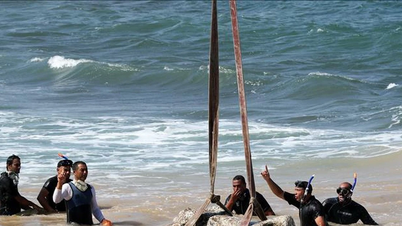

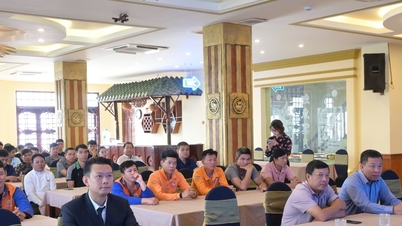

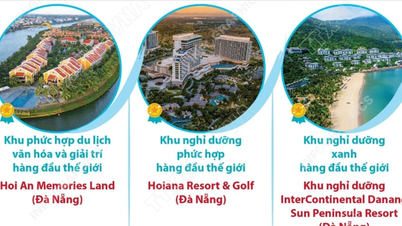
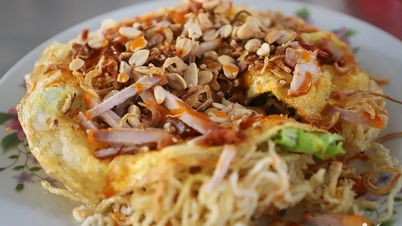

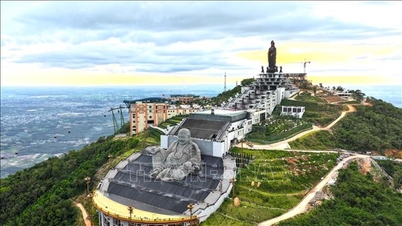



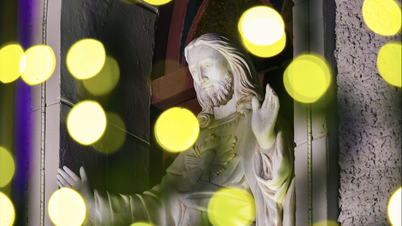







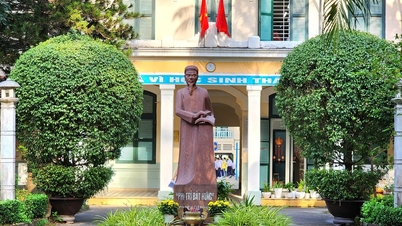
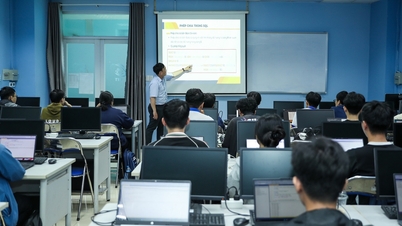

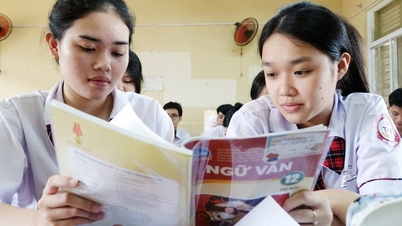
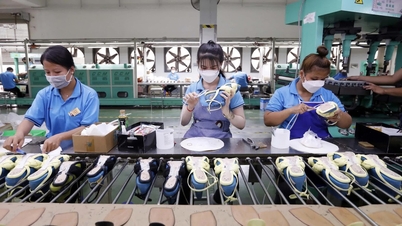






![[Video] The craft of making Dong Ho folk paintings has been inscribed by UNESCO on the List of Crafts in Need of Urgent Safeguarding.](https://vphoto.vietnam.vn/thumb/402x226/vietnam/resource/IMAGE/2025/12/10/1765350246533_tranh-dong-ho-734-jpg.webp)

























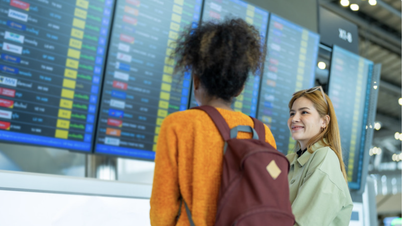

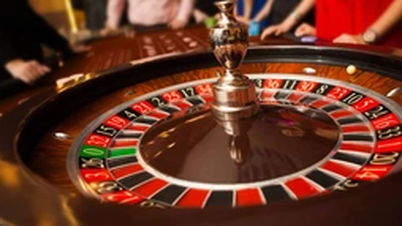



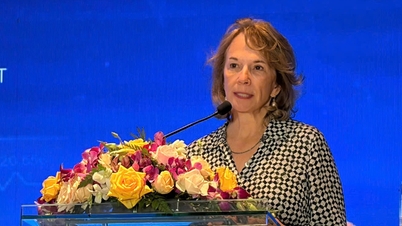


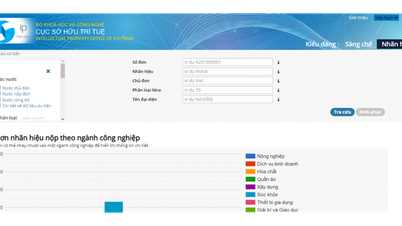

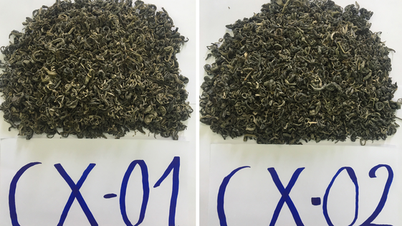
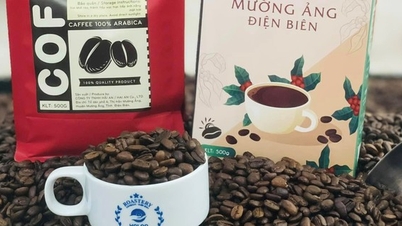
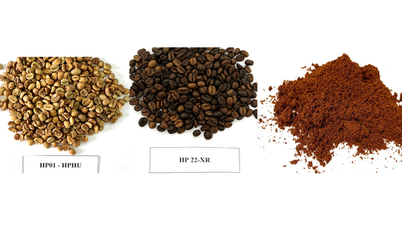


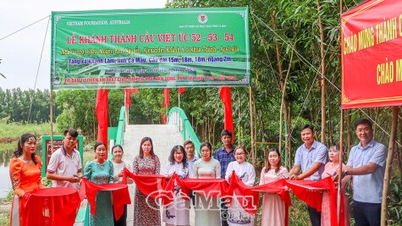
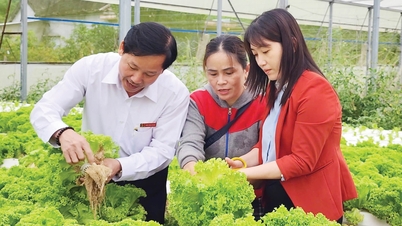

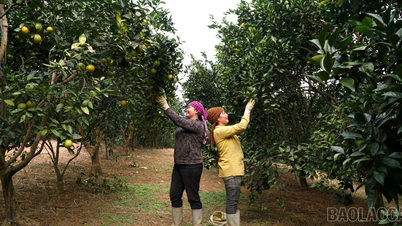

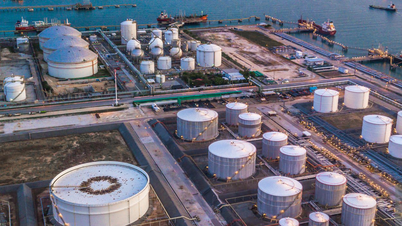

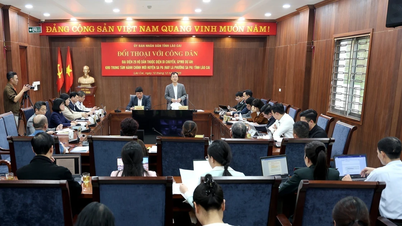


















Comment (0)